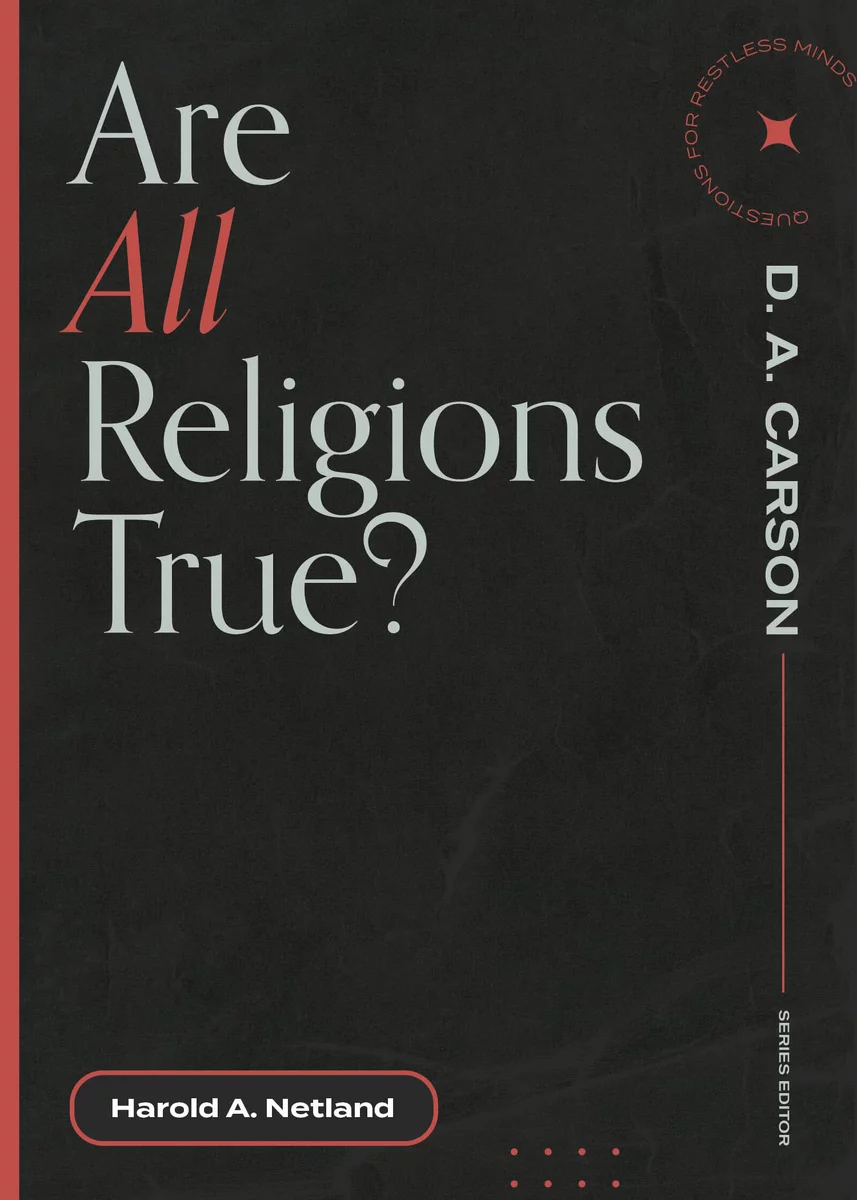

Are All Religions True?:(Questions for Restless Minds)
Harold Netland
Lexham Press
How you should think about religious diversity.
We live in a diverse world. Religious pluralism holds that each religion is of equal worth and offers a legitimate lifestyle. But Christianity claims Jesus is the only way to be saved. Is Christianity bigoted?
In Are All Religions True?, Harold A. Netland offers a Christian response to religious pluralism. Netland considers the nature of religious claims, tolerance, and the great commission. Wisdom is needed. While Christians should support aspects of religious diversity, we also believe that Jesus is the Lord and Savior of all. Learn how you can be devoted to Christ while showing love for those of other faiths.
